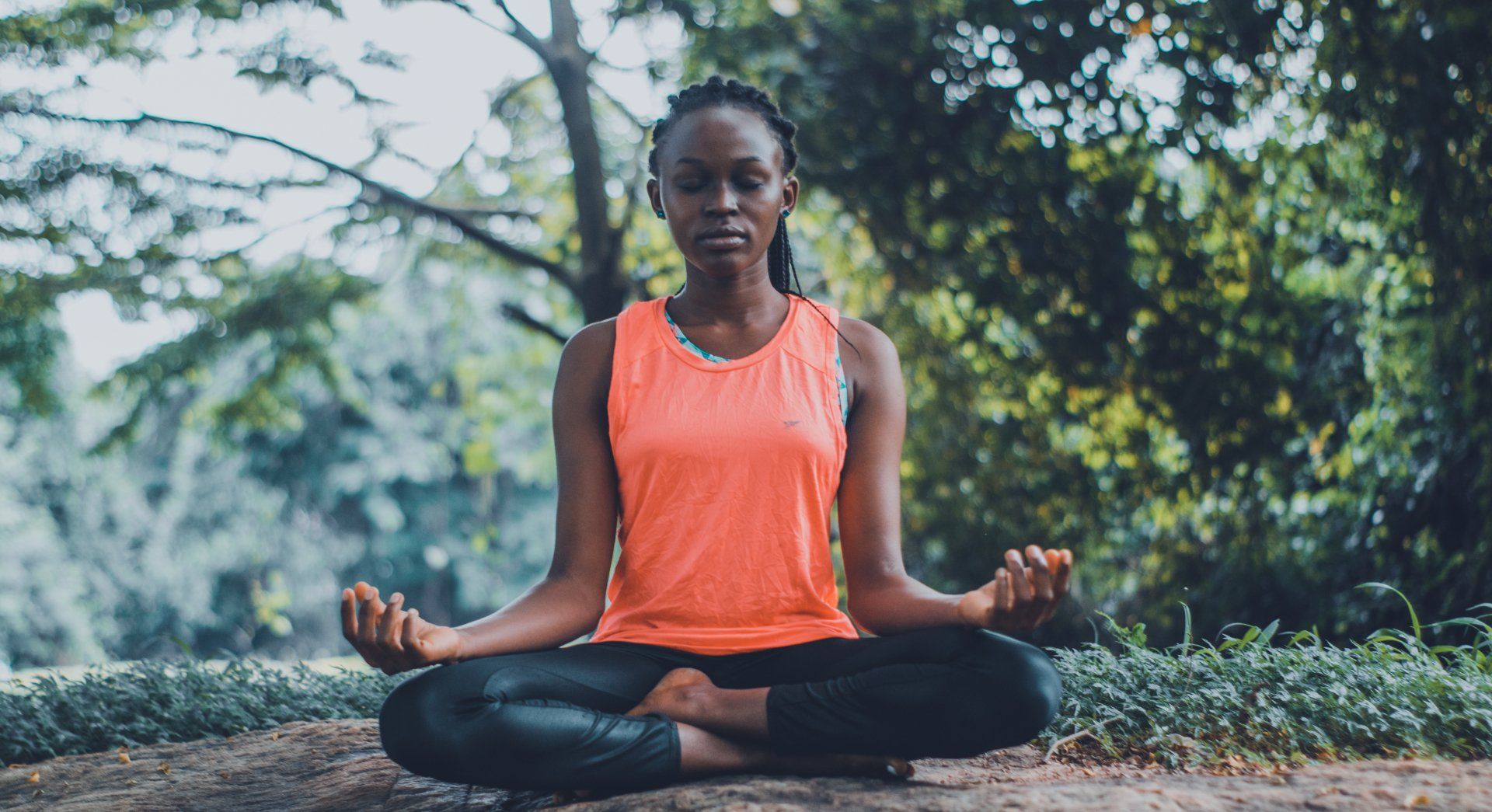Taking Care of Yourself Is Important For Your Kids to Witness
Parents often put their children’s needs before their own, but doing so continuously and without fail does children a disservice. In fact, parents who practice taking care of themselves demonstrate there are healthy ways to manage life’s bumps and bruises. Perhaps above all, we create powerful teachable moments when we expose our children to positive stress management techniques like self-care.
You Don’t Need to Be a Martyr
Carving out this kind of time shouldn’t feel so hard to do. We live in a society that places excessive value on being overworked and always busy. Brigid Schulte, author of Overwhelmed: Work, Love, and Play When No One Has the Time, argues the standard for parents has never been higher. The message seems to be the more you sacrifice, the better it is for your family. Too many parents are buying into the false idea that doing for yourself means not doing for your kids.
Self-Care is Strategic Parenting
The truth is, managing stress is the backbone of successful and strategic parenting. Understanding your stress level is something to be learned as part of that strategy. There are some key questions you can ask yourself to determine how stressed you are. Then, take action. It’s not selfish to go to the gym or go for a walk to decompress. It’s not selfish to take a moment to meditate and clear your mind. It’s not selfish to chat with friends, listen to inspirational music, pursue a favorite hobby or spend quiet time reading a book. Carving out this mood-elevating time, even for a few moments, creates more patient and loving mothers, fathers, and guardians. And if you ask young people, often more than anything else they want their parents to be happy.
Children Want Happy Parents
Children see the impact exhaustion, tension, and crankiness has on their parents. Many would prefer their mothers and fathers to take a step back. In one study, a group of 14 and 15-year-olds expressed concerns about their parents’ schedules. They were worried about their parents’ overall well-being and stress levels. They were afraid about the impact their parents’ routines had on their relationships. One teen’s reflections are particularly illuminating. Her mother worked long hours and she urged her to take a new position. “I see you’re not happy, I’m not happy and you need to do something about it.”
Resilient parents raise resilient children. Self-care is not a selfish act, but a strategic act of good parenting.
Taking Care of Yourself: Carve Out Time
Taking a class, gardening, or cooking — nearly any enjoyable leisure activity — is beneficial for body and mind for both parents and their children. Engaging with a hobby is linked to increased energy and feelings of overall life satisfaction, including greater calmness. Pleasurable activities also lower blood pressure, decrease unwanted weight, and diminish depression.
One reason leisure activities decrease stress is because they allow your emotions to recover. This is likely because such opportunities tend to require less mental effort than work and other obligations, offering a sense of taking a mini vacation.
Pursue a Hobby
The benefits of pursuing an activity just for pleasure is an important concept to pass along to teens as demands increase in school. When adolescents take on more homework and extracurricular activities they may experience more stress. Being a parent who enjoys a hobby will likely give your teen permission to pursue a happiness-inducing hobby, too.
Take Advantage of Exercise
Exercise is a particularly valuable pastime. Tweens and teens of active parents participate more frequently in physical activity than those of inactive parents. This is important to recognize because young people who get into the habit of exercising tend to be adults who exercise, decreasing their risk of cardiovascular disease and other ailments. No matter the other influences on your tweens and teens — their best friends or the shows they watch on TV — the activity level of parents is among the strongest indicators of how much time adolescents will exercise.
Taking care of yourself through exercise doesn’t have to be heavy-sweat inducing. My sister-in-law loves yoga. A wonderful upside of her yoga routine is that my niece, a high school senior, has grown to love yoga, too. She may not practice as often as her mother, but getting comfortable with various postures and learning how to breathe more deeply has made navigating the college admissions process less stressful and more manageable for her. This kind of mindfulness is an important part of yoga. If you’d like more strategies for exercising your mind (and not just your body), read the ideas offered here. You could also take a leisurely stroll. Or head to your closest public park for walking, biking or other interesting exercises such as tai chi or free fitness courses.
Lessons for a Lifetime
Just as parents teach children how to tie their shoes, ride the bus or drive a car, parents must also impart self-care habits. Giving yourself permission to pursue an activity that reduces stress provides teenagers a positive example of how they might take care of themselves, too.
Parents who take time to care for themselves are being outstanding role models. There is nothing parents can do to make themselves, or their children, completely immune to stress. But there is plenty that can be done to avoid and manage it. One essential role parents can play in their children’s lives is the self-care guide.
Resilient parents raise resilient children. Self-care is not a selfish act, but a strategic act of good parenting. You are modeling what it means to be a healthy adult. That is a gift to you and your child.
For more articles like this subscribe to www.ParentandTeen.com
SHARE THIS POST:
Leave a Comment:
Recent Articles:






Revitalize Your Health Now!
Take the first step towards a vibrant life. Schedule your consultation today and let Eaton Chiropractic transform your well-being. Your journey to health starts here!





